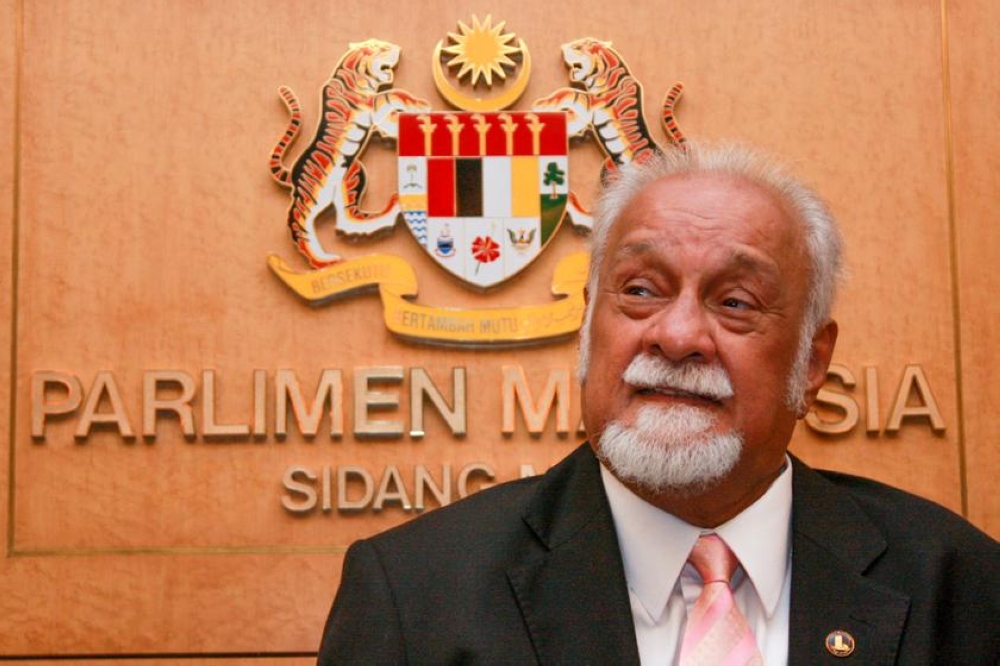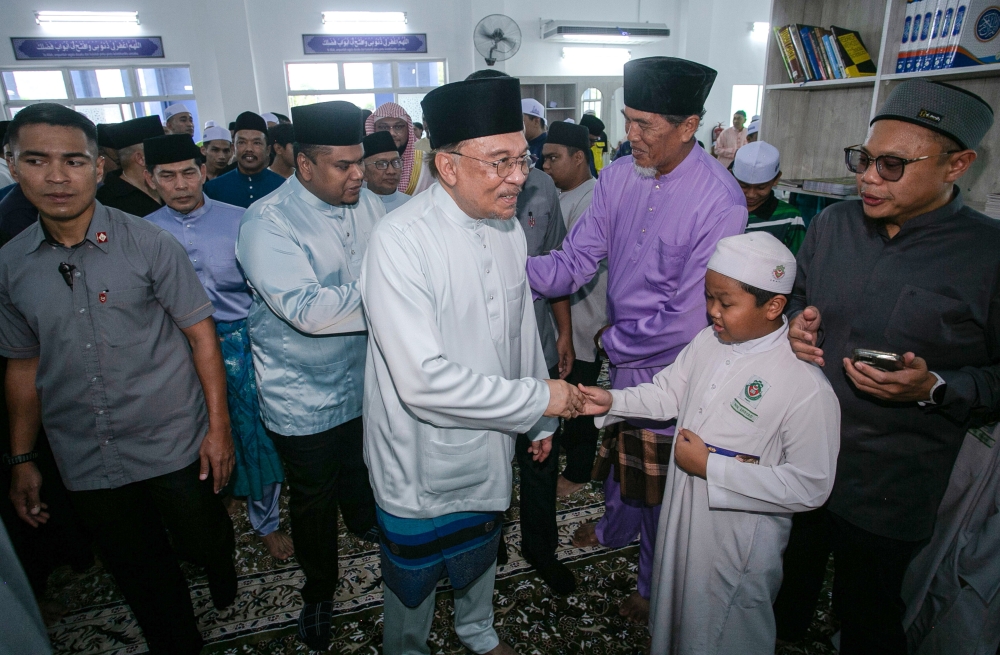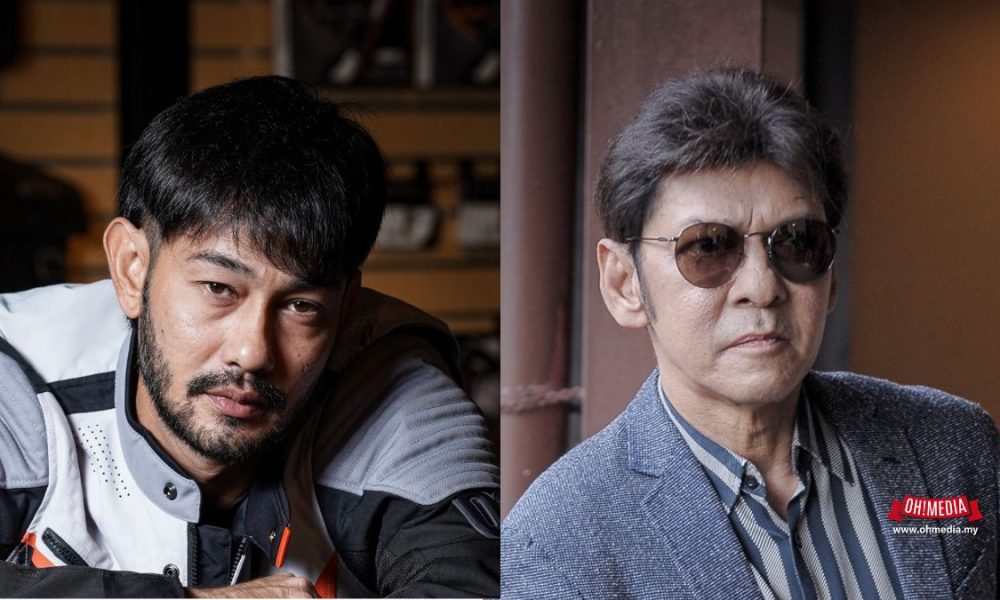FEBRUARY 19 — More than 20 years ago in the case of Public Prosecutor v Karpal Singh [2002], the accused, a lawyer, was charged with an offence of sedition. When the case was called up for hearing, the accused applied for certain persons to be granted observer status.
High Court Judge Augustine Paul (as he then was) dismissed the application. The learned judge ruled as follows:
(1) The concept of open justice had two aspects; firstly, with regard to proceedings in the court itself it required that they should be held in open court to which the press and public were admitted and, secondly, in criminal cases at any rate, all evidence communicated to the court must be communicated publicly. This ensured transparency in court proceedings.
(2) Any person who wished to “observe” a particular trial may do so as a member of the public as provided by law. In any event, granting observer status to a person on the ground, inter alia, that it was necessary as a party did not have confidence in the presiding officer transcended the boundaries of transparency and translated and transformed itself into a transgression and translocation of the well-entrenched and translucent judicial system. It would result in the court allowing itself to be supervised and would amount to an interference with the due administration of justice. This would militate against the concept of an independent judiciary, which must perform its functions without fear or favour.
In the circumstances, the court dismissed the application made by the accused.

Karpal Singh was charged with an offence of sedition in 2002. — Picture by Siow Feng Saw
Besides the application by the accused, there was also an application by the Bar Council, represented by Mr Roy Rajasingham, to hold a watching brief to which the Attorney General (AG) said that he had no objection unless the court considered otherwise.
The learned judge then asked Mr Roy as to the purpose of the Bar Council holding a watching brief. He referred to s 42(1)(a) and (g) of the Legal Profession Act 1976 and said:
“Under these two provisions, the Bar Council looks not only at the interests of members but also of the public. I have appeared in other courts. The Bar Council has been allowed to sit and hold a watching brief. In this case, [the accused is] a senior member of the Bar who is a credit to the Bar and the legal profession. We have, therefore, taken the liberty to come to this court and address the court as to holding a watching brief.”
The AG replied that he did not object to the application earlier on the basis that the Bar Council was seeking to hold a watching brief for the accused. He added that if the watching brief was for the entire Bar Council it should not be allowed. Mr Roy then said:
“The status I am seeking is to represent the Bar and not Mr Karpal. There is a function that we can play if the need arises. We are here with a purpose.”
As a representation for the entire Bar Council required an independent mind, the learned judge asked Mr Roy about a resolution that the Bar Council had purportedly passed with regard to the charge against the accused. He said:
“I do not know what this resolution is all about.”
Since Mr Roy, who was then the Vice-President of the Bar Council, had no knowledge of a resolution passed by the Bar Council, the learned decided not to pursue the matter any further as he (the learned judge) could have been mistaken.
The learned judge then offered his thoughts on the issue, carefully explaining to Mr Roy that a better articulated rationale for him to apply to hold a watching brief for the Bar Council would be that the issue involved in the case would affect all lawyers. It was therefore necessary for the Bar Council to be present during the entire proceedings. The Bar Council might also be of assistance to the court. In addition, the Bar Council might be in a more informed position to advise its members on the outcome of the case.
Mr Roy adopted the reasoning of the learned judge to which the AG said he had no objection. The learned judge pursued asking Mr Roy as follows:
“Do you confirm that you are here with an independent mind for the betterment of the Bar?”
Mr Roy replied:
“We want to see that justice is done.”
The learned judge then asked Mr Roy to explain whether his answer meant that without the presence of the Bar Council justice would not be done. Mr Roy quickly withdrew the statement that he had made.
The learned judge consequently allowed the Bar Council to hold a watching brief.
I recall the above exchanges between the learned judge and Mr Roy Rajasingham of the Bar Council in the light of the application by three Opposition MPs to appoint lawyers to hold a watching brief in the judicial review filed by former Prime Minister Datuk Seri Najib Tun Razak.
The AG has objected to the application made by Opposition Leader Datuk Seri Hamzah Zainudin, Bersatu Whip Datuk Seri Dr Ronald Kiandee, and Pas Vice President Datuk Seri Dr Ahmad Samsuri Mokhtar who have reportedly filed a motion seeking leave to be represented by Tan Sri Azhar Azizan Harun, PAS secretary-general Takiyuddin Hassan, and Zulkifli Nordin to hold watching brief in Najib’s application for a judicial review.
AG Datuk Mohd Dusuki Mokhtar has reportedly said that lawyers holding a watching brief do not have the right to present arguments or get involved in the case beyond just observing, adding that there is no need for them to be present.
To the question whether there is a need for lawyers to be on a watching brief, one may add whether they may be of assistance to the court and whether the three MPs would be in a more informed position to advise fellow MPs on the outcome of the case.
In any case, Dewan Rakyat Speaker Tan Sri Johari Abdul has already ruled that MPs are under a “gag order” under Standing Order 36(2) to discuss the purported royal addendum as the issue or matter is sub judice.
It remains to be seen how the learned High Court judge will decide on the application by the three MPs.
* This is the personal opinion of the writers or publication and does not necessarily represent the views of Malay Mail.







